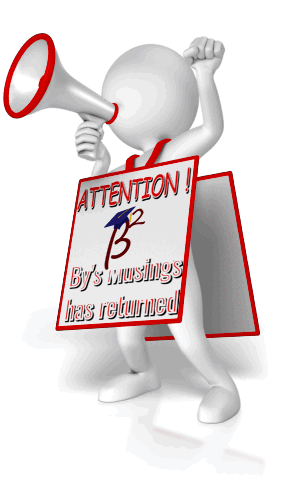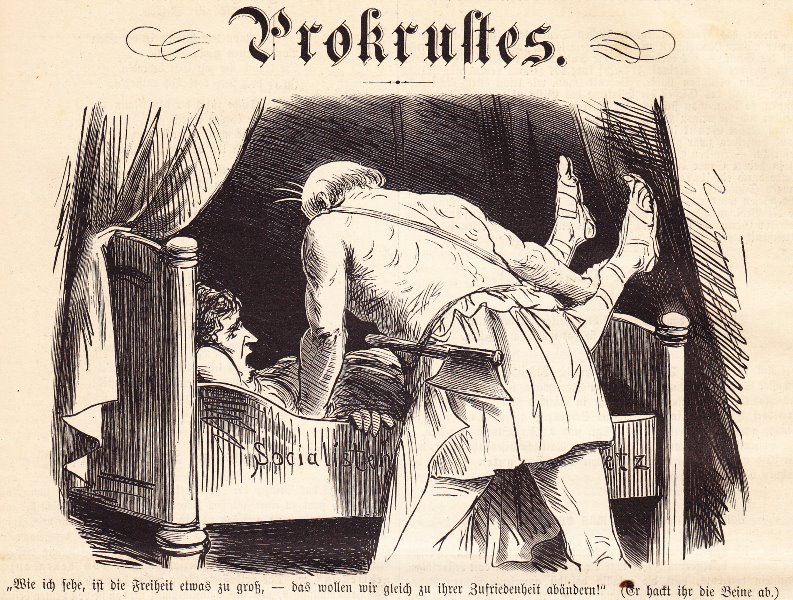
Did that headline grab your attention? I certainly hope so. It’s not that I love attention. It’s just that I felt I needed to do something unusual to reach out to a new audience, along with my former audience.

After having been offline now for more than eight months, I definitely needed something to draw in that new audience and alert my former audience that By’s Musings is back in the game.

You don’t remember “By’s Musings“. You have no clue as to what it is. “By’s Musings” is my personal blog which also serves as an entry to my website Higher Ed By Baylis LLC.
Excuse me, but I have one question for you: If you didn’t know anything about By’s Musings, how did you get here? What made you read this Grand Reopening post from By’s blog?

My next post will be published on Monday, September 10. You’re all invited to check out that post. It will provide you with a brief description of the extensive damage that shut down both the blog and website for the better part of a year.

In subsequent posts, I will provide a more complete account of the new features of the website and the new threads which will be the focus of future blog posts.
As a quick introduction to the coming changes, suffice it to say that I will be consolidating my efforts in both my blog and website to three specific areas. I will be using an approach that resembles more of a rifle than a shotgun to target the areas of education, organizational theory/operations, and faith/religion.
I will be making a number of other changes. The first change will be an increased emphasis on the use of social media for pre- and post-publication dissemination of information and announcements. I will be using social media as a vehicle to help drive readers to my blog and website.
The second change will be a greater stress on and push for audience participation in both my blog and website. I want to engender more discussion and conversation. In a true learning environment, everyone has something of value to bring to the table. Hopefully, we can enrich each other, by learning and teaching together.
In the third change, I will be using shorter blog posts to introduce topics and proposals for discussion. I will reserve the longer pieces for the website where they will be offered as resources to individuals and organizations via occasional whitepapers and ebooks. As the site develops more fully and becomes more operational, please check in at your convenience and browse through its contents.

Borrowing a phrase from the Pointer Sisters, “I’m so excited and I just can’t hide it!” Please join me on an adventurous journey to both new and familiar places. Hopefully, all of us will learn much about ourselves and the world along the way. Bon voyage!
























